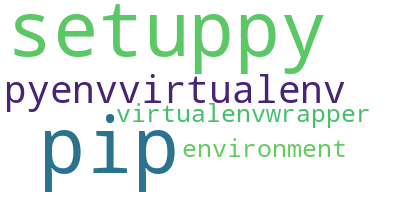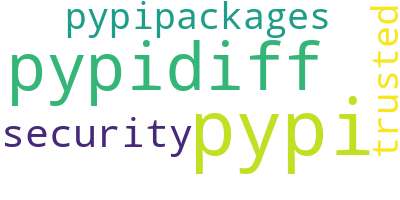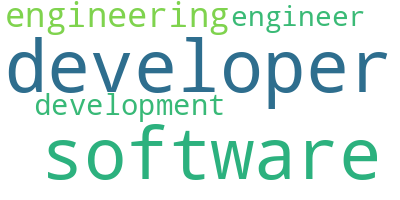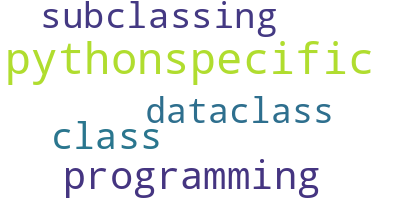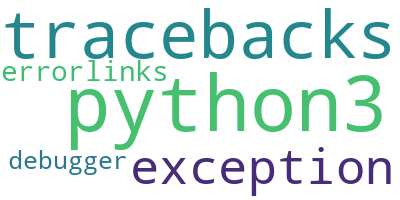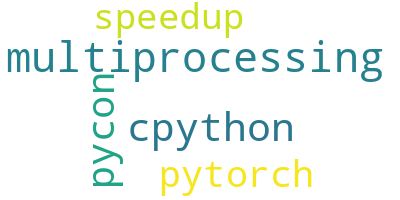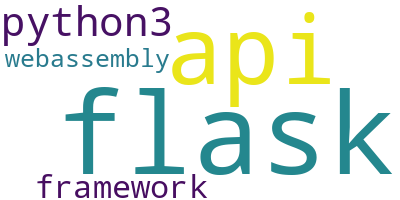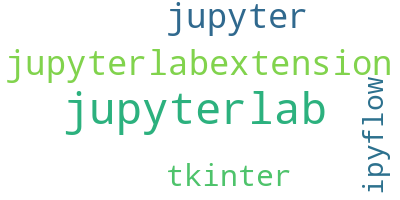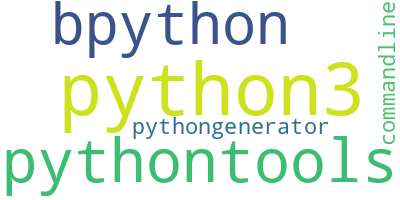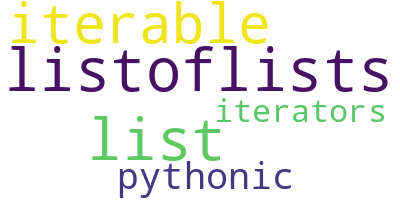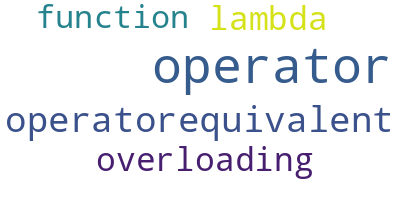The biggest Python topics of 2023
1 Large Language Models for Natural Language Processing
The topic revolves around natural language processing and large language models, particularly focusing on the advancements and applications of openAI's language models like GPT series. The documents in this subset cover a range of related topics such as generative model programming, utilizing language models for generating README files and text enrichment, integrating language models as Python functions, and exploring query languages for efficient programming with large language models.
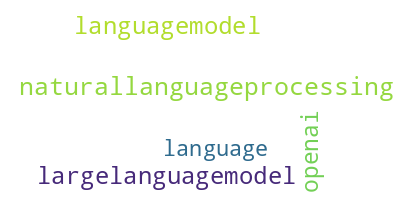
2 Python 3.12 and Other Releases
Python version updates including releases such as Python 3.11.7, 3.12.0 Alpha 6, and more are discussed. The potential breaking change related to Enum classes and mixins in Python 3.11 is highlighted, indicating the need for developers to be cautious when upgrading. Additionally, the release statuses of various Python versions, from betas to stable versions, are mentioned in the documents within this topic.
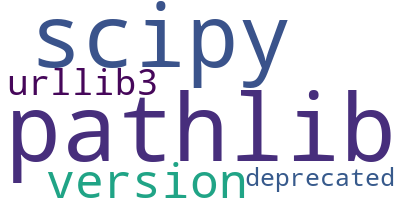
3 Data Visualization and Exploration
This topic covers data visualization tools and techniques, including SQLGlot for SQL parsing and translation, Matplotlib for creating visually appealing plots, and Databricks for end-to-end data applications. It also explores interactive data analysis and visualization tools like Meerkat and Quibbler, showcasing how different technologies like JavaScript, Python, and SQL can be used for descriptive statistics and visualization tasks.
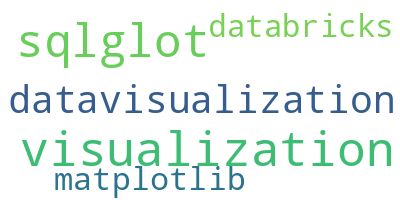
4 Data Engineering Pipelines
This topic revolves around open-source tools and frameworks in the fields of data engineering and software engineering, focusing on dataflows, pipeline development, and machine learning operations. It covers a range of technologies such as XGBoost, Fugue, Hamilton, Feast, Meltano, Prefect, and more, offering solutions for tasks like enhancing classification models, orchestrating data workflows, and managing machine learning pipelines efficiently. The intersection of data engineering, software engineering, and machine learning practices is explored through a variety of tools and resources designed to streamline data processing and model deployment.
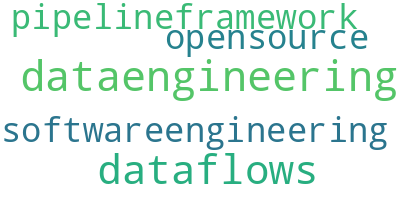
5 Pandas and Polars
The topic revolves around the comparison and usage of Pandas and Polars, two popular DataFrame libraries in Python. It includes discussions on performance differences, memory usage, third-party integrations, and the transition from Pandas to Polars. Additionally, it explores the incorporation of Apache Arrow in Pandas 2.0 and the benefits of utilizing PyArrow with Pandas for efficient data analysis.
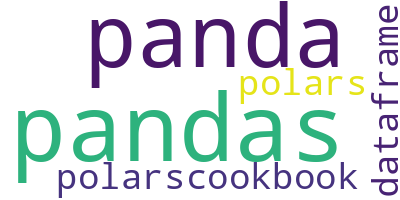
6 Python Type Hinting and Static Typing
The intersection of typechecking, typehinting, and compiler technologies in Python is explored through articles discussing the adoption of static typing in Python, the benefits of type hints for code readability and maintainability, and the use of static type checkers like Pyright and Mypy. The evolving landscape of Python as it incorporates more static typing features, such as type variables and typed dictionaries in Python 3.12, is also a key focus of the topic.
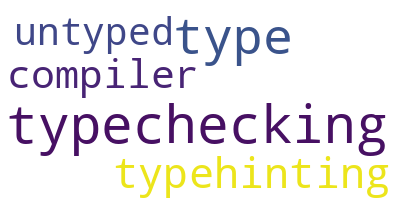
7 Python Testing Tools and Techniques
Testing in Python encompasses a wide range of practices and tools, including using pytest for automated testing, property-based testing with tools like Hypothesis, mocking in tests, and testing across multiple Python versions. This diverse topic covers everything from optimizing test performance with pytest fixtures to exploring new libraries like Grasshopper for load testing in Python.
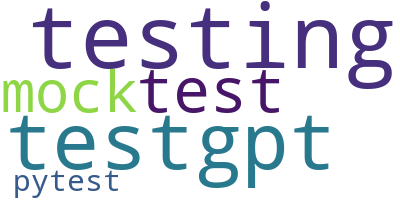
8 Python Packaging and Virtual Environments Landscape
The topic covers various aspects of Python packaging and virtual environments, exploring tools like `pip`, `setup.py`, `pyenv`, `virtualenv`, and `virtualenvwrapper`. It also delves into related concepts such as managing dependencies, creating virtual environments, and recent developments like requiring virtual environments by default. The documents discuss Python packaging standards, distribution formats, native binaries, and provide insights into selecting the right tools for different project needs.
